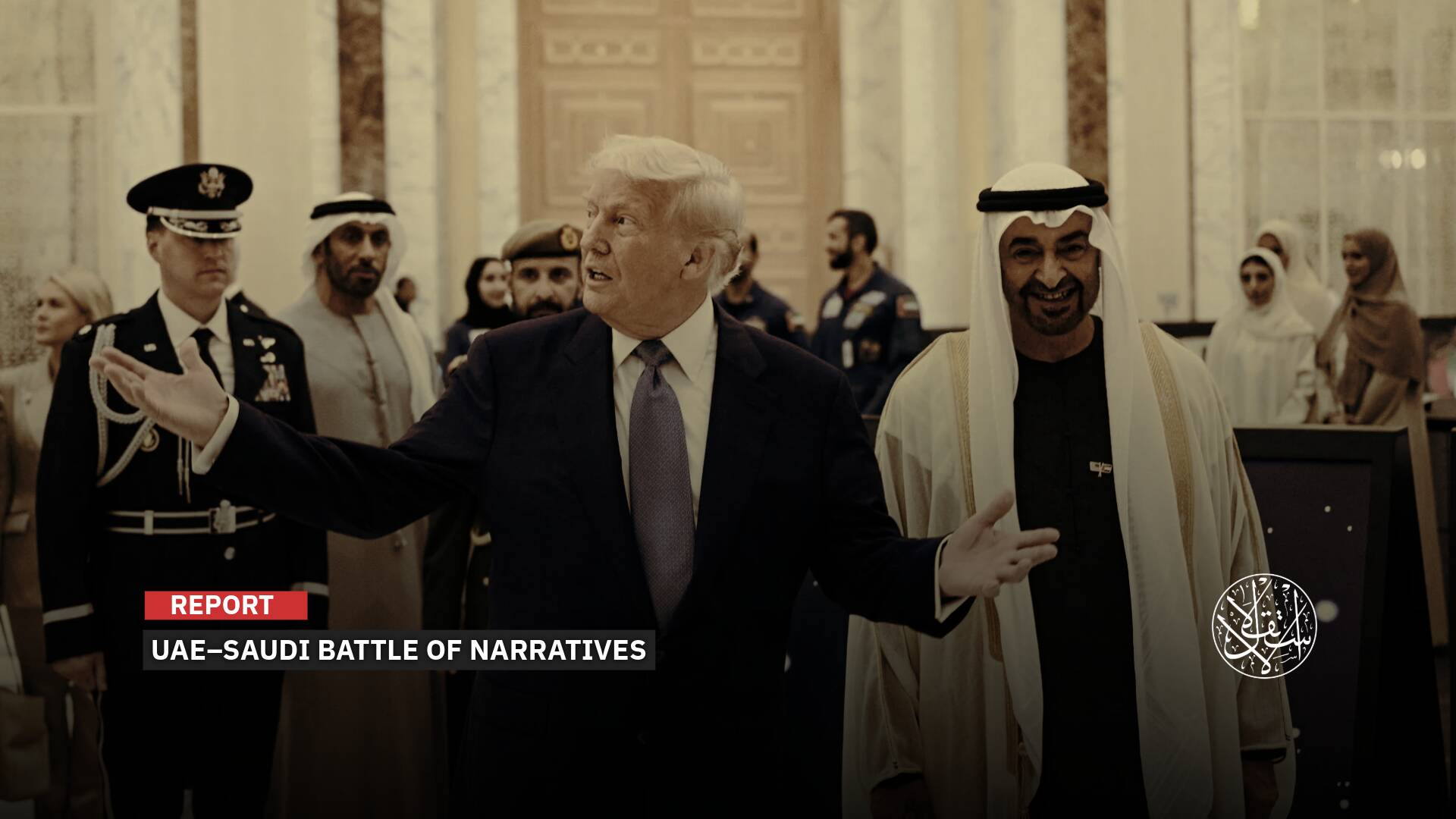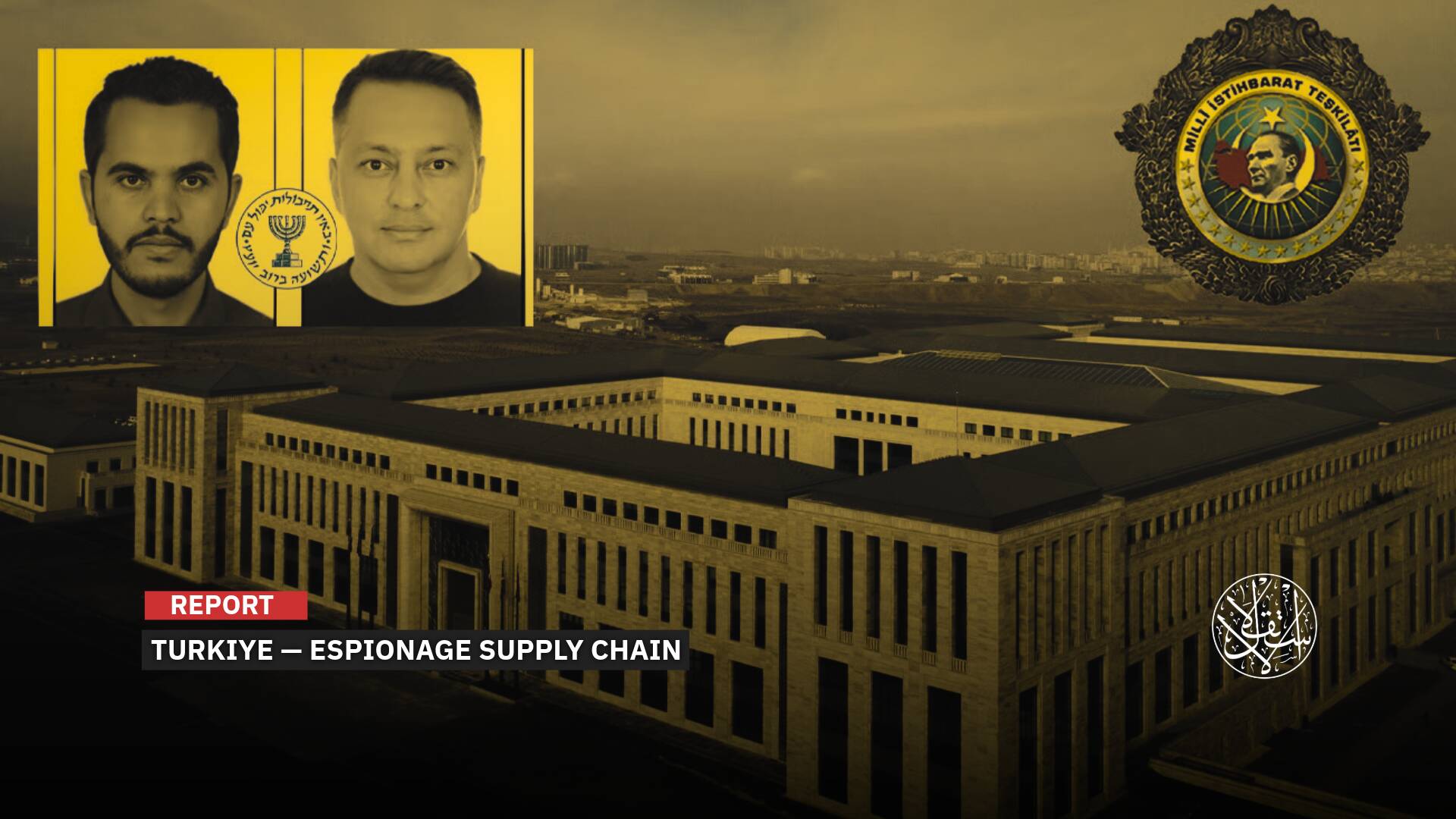How Far-Right Parties Spread Misleading Narratives

“Populist parties are exploiting the spread of misinformation on social media for political gain.”
A recent Dutch study has shown that the spread of misinformation on social media is closely linked to far-right populist parties, which exploit this strategy to achieve political gains.
A close relationship was found between the far right and alternative media outlets that amplify their ideological messages and create counter-narratives to traditional media.
It stressed the need to understand the relationship between right-wing populism and misinformation and the role of policymakers and civil society in combating it.
In the wake of the 2016 US presidential election and Brexit, far-right ideas and figures have amplified to an almost unprecedented degree.
Several studies found evidence that false news reaches more people than the truth on social media.
Misinformation
A recent study published on the Sage Journals website revealed that politicians belonging to far-right parties are more likely to spread fake news on social media than members of left-wing or mainstream parties.
It showed that spreading misinformation has become a key part of the far-right’s strategy to reshape public opinion and steer voters toward their political agendas.
“Far-right populists are using misinformation as a tool to destabilise democracies and gain political advantage,” said Petter Tornberg of the University of Amsterdam, a co-author of the study with Juliana Chueri of the Dutch capital’s Free University.
“The findings underscore the urgent need for policymakers, researchers, and the public to understand and address the intertwined dynamics of misinformation and radical right populism,” he added.
“The exclusionary ideologies and hostility towards democratic institutions of radical right populism that lay behind most misinformation campaigns,” he said.
The study was based on 32 million tweets posted between 2017 and 2022 by 8,198 MPs in 26 countries, including 17 EU member states, including Austria, France, Germany, the Netherlands, and Sweden, as well as the UK, the U.S. and Australia.
After comparing these posts with news sources ranked by their reliability, the study reached a clear conclusion that belonging to the far-right is the strongest indicator of politicians’ tendency to share misinformation.
Contrary to the popular belief that all political parties resort to misinformation to the same extent, the study concluded that MPs belonging to the center-right, center-left and far-left do not engage in spreading misinformation to the same extent as their counterparts on the far right.
It also confirmed that it is not populism per se that drives the spread of misinformation, but rather the exclusionary ideology of the far-right, which tends to be hostile to democratic institutions and promote conspiracy theories.
Alternative Platforms
In the same context, the study showed that the far-right populists do not only rely on social media, but also seek to build a parallel media system that includes unreliable news websites, blogs, and YouTube channels, all of which promote the same misinformation.
This tactic gives these parties the ability to circumvent traditional media outlets, which are subject to stricter vetting standards, allowing them to spread misinformation with little oversight.
The study also noted that far-right populists have already succeeded in creating and exploiting alternative media platforms that amplify their views, ranging from news websites and blogs on the Internet to traditional forms of media such as TV and radio, which have been reshaped to suit far-right populist narratives.
It added that one of the most dangerous strategies adopted by far-right parties is to spread doubts about the integrity of democratic institutions.
A clear example of this is the attempts by some far-right parties to challenge the election results and promote allegations of fraud without providing any conclusive evidence.
The study reported that 70% of Republicans in the U.S. believe that former US President Joe Biden won the 2020 elections through forgery and fraud.
This tactic is not only aimed at winning voters’ votes, but also at creating a general state of distrust, making citizens more likely to accept populist discourses that present these parties as the only alternative to the existing system.
On the other hand, the term ‘Alt-Tech’ refers to social media platforms popular among far-right parties and other extremist groups.
These platforms are characterized by weak content control, which has made them a fertile environment for the spread of misinformation and conspiracy theories, as they promote the concept of freedom of expression with little or no restrictions on the type of content circulated.
Examples of alternative social media sites include: 4chan, BitChute, Gab, Gettr, Parler, Rumble, Telegram, and the platform affiliated with US President Trump, Truth Social.
Anti-hate speech and discrimination policies are a key difference between traditional and alternative platforms.
While mainstream platforms consider hate speech a criminal offense and impose strict penalties, alternative platforms do not take the same position, as they do not include it in their regulatory policies.
One of the most significant differences between traditional and alternative platforms is how they handle modified content (such as images and videos) and unverified content.
For example, traditional social media platforms, such as X and YouTube, apply standards against modified media and information from hacked sources, which can be classified as hacking, forgery and leaking.
In contrast, right-wing alternative sites like BitChute and Parler do not impose similar restrictions on content, according to a study published on the scientific research site SocArXiv in 2021.

Extremist Ideology
Since Donald Trump’s first inauguration as president in 2017, it has been clear from his campaign and the way he attacks his political opponents that the tools he uses to promote himself are very different.
At the time, Trump presented himself as outside ‘The Establishment’, and even the slogans his supporters chanted stemmed from this approach, such as the slogan ‘Drain the swamp’, which calls on the president to strike at the followers of the deep state.
There are also groups like QAnon, which believe that a high-ranking intelligence officer is cooperating with Trump in a top-secret operation aimed at eradicating the followers of the deep state in America and Europe.
These groups believe that a number of democratic elites opposed to Trump are part of secret, sick groups that kidnap children for satanic purposes.
These revelations are not exaggerations as some might think, but they are in fact a very small part of the system of rumors that controls a large percentage of Trump's popular base.
Anyone who has been following the activity of these groups on the Internet since 2016 until today will realize how the narrative has evolved from a religious battle against satanic elites to a comprehensive war that is being waged today in Europe, South America, and even within the United States itself, with the aim of eradicating anyone who stands in the way of the rise of the global far right.
Observers believe that the situation today has become more dangerous, as there are accelerating political and media movements aimed at reshaping the global order in line with an extremist nationalist ideology.

Amid this scene, there are billionaires and tech moguls who are directly contributing to this rise. One of them is Elon Musk, who is presented as a flawed genius, has become central to this context.
Musk, who promises to colonize Mars, does not hesitate to engage in dangerous movements, sometimes paying tribute to the famous Austrian painter, and sometimes flirting with the far right through his actions and statements.
The scene reached its peak when Musk hosted the co-leader of the far-right Alternative for Germany party a few weeks before the German elections.
Musk's move was not a coincidence or a passing media move, but rather part of a series of moves aimed at establishing the far-right populists in Europe, where the influence of nationalist parties there is growing day by day.
Fascism, whose fires seemed to have been extinguished, is now rising in a global scene characterized by chaos and extreme polarization.
As the battle today is of a global ideological nature, managed by an alliance of oil merchants and guardians of the old world.
When the capitalist system feels threatened or weak, it resorts to its historical tools, led by fascism, to attract young people frustrated by the lack of horizons and the vagueness of the future, and thus protect itself from being defeated by the demands of social and economic justice.










